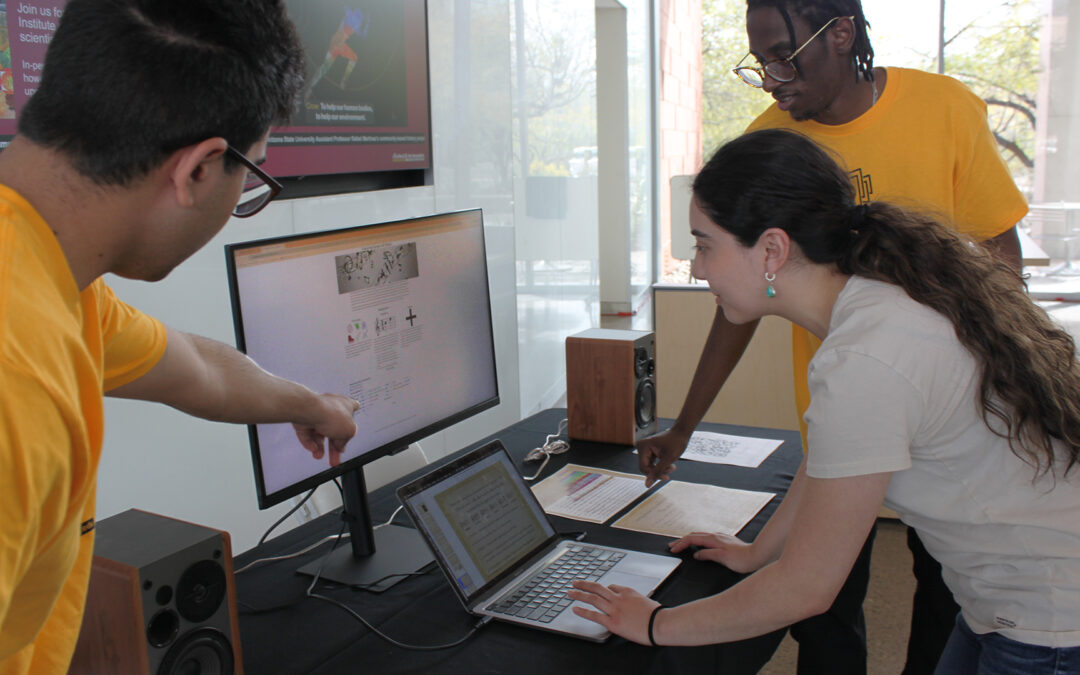When it comes to cancer, Carlo Maley is out to treat it and beat it.
Maley is a biologist, the director of the Arizona Cancer Evolution Center and a professor in Arizona State University’s School of Life Sciences. He primarily studies three things: how normal tissue evolves into cancers, why some cancers become resistant to treatment and why some animals, like elephants and whales, are better at suppressing cancer than humans.
But because advocating for cancer patients is also an important aspect of Maley’s work, he examines how to improve cancer literacy.
“When you’re diagnosed with cancer, it’s such an existential crisis,” he says. “It becomes very hard for patients to digest and really understand the big stack of information that gets handed to them.”
Plus, efforts to help the public understand cancer are an important part of the work being done to ensure better health care outcomes. People with good cancer literacy might, for example, elect to quit smoking, stay active and get appropriate early screening tests from their doctors.
Always on the lookout for better ways to explain the evolution of cancer, Maley has done a series of collaborations with artists, including the Biodesign Cactus Garden.
“For me, the problem has been that graphical arts, like paintings, tend to be static. But cancer is an evolving system,” Maley says, noting that cancer cells mutate, divide, die and change in response to therapy.
Maley recently came to a pair of student researchers at the School of Computing and Augmented Intelligence, part of the Ira. A Fulton Schools of Engineering at ASU, with a novel project.
“I was trying to think of what medium of art could capture that kind of dynamic through time,” Maley says. “And it struck me that music is one of those media.”
Read the full story on Full Circle.
